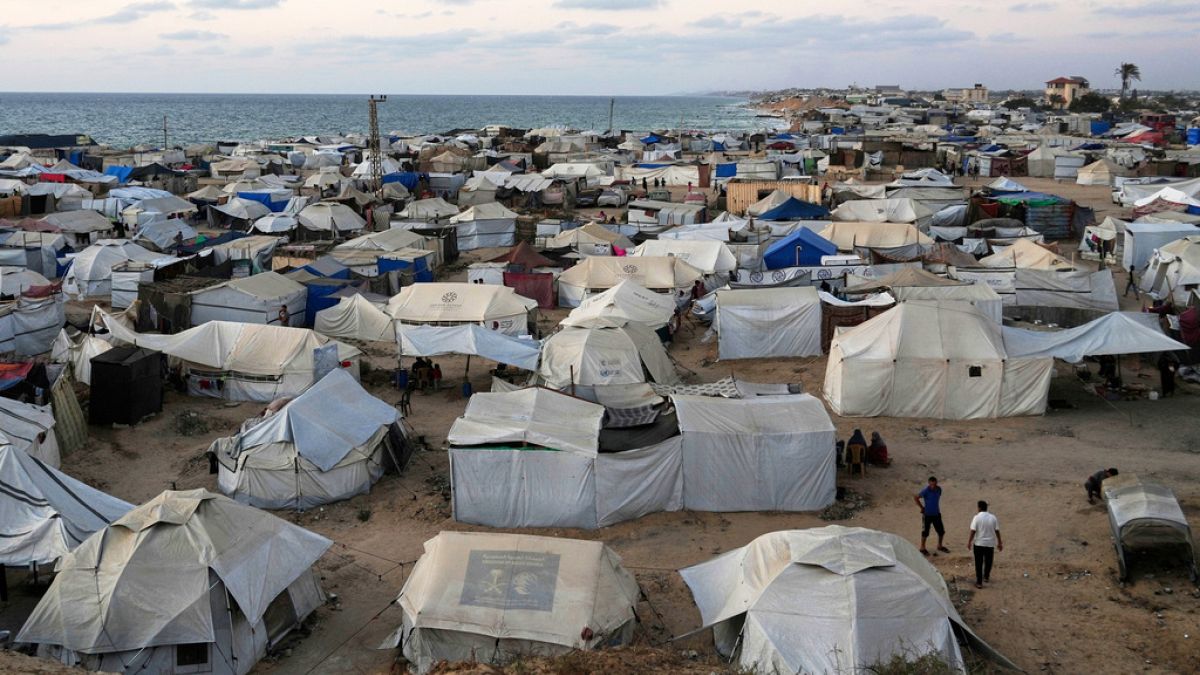

Amidst a turbulent global landscape, signs of progress have emerged as various international and regional actors engage in efforts to resolve ongoing conflicts and strengthen diplomatic ties. Recently, a hopeful note was struck in the Middle East with the proposal of a ceasefire in Gaza, while Iran and Israel moved closer to stabilizing their relations. Meanwhile, on a different continent, India and Trinidad and Tobago are exploring avenues to deepen their partnership, reflecting a spirit of collaboration and mutual growth.
In Gaza, the possibility of a ceasefire has been fostered by recent developments involving Hamas. The group has reportedly responded ‘positively’ to a ceasefire proposal from an unexpected quarter—former U.S. President Donald Trump. Although the details of acceptance remain to be clarified, the suggestion of a 60-day ceasefire has been a glimmer of hope in the eyes of many who long for peace in the region. This initiative is part of broader efforts to pave the way for a lasting calm between the conflicting parties, fostering an environment where dialogue can replace violence.
However, on the ground, the situation remains tense, as recent events have led to losses. Israeli airstrikes on Friday resulted in the tragic deaths of 15 Palestinians, including women and a child. Concurrently, another 20 individuals lost their lives due to shootings while they awaited vital humanitarian aid. Despite these dire occurrences, discussions regarding the proposed ceasefire are a reminder of the potential for dialogue to mitigate conflict and save lives in this deeply troubled area.
Further encouraging developments come from the international aviation sector, where Iran has resumed its international flights after a 20-day suspension owed to tensions with Israel. This resumption follows a ceasefire agreed upon by both nations after a period marked by significant military strikes and counterattacks. This de-escalation reflects a cautious yet promising step toward stability, allowing for the normalization of travel and commerce that can benefit both countries and their citizens.
In another corner of the world, Indian Prime Minister Narendra Modi’s recent visit to Trinidad and Tobago highlights an invigorating wave of diplomatic engagement. Modi acknowledged the ‘great potential’ for bilateral ties, focusing on the shared values and interests that connect the two nations. This visit was met with eager anticipation, particularly among the Hindu community in Trinidad and Tobago, although it also drew criticism from some quarters within the Muslim community. Despite the mixed sentiments, the dialogue underscores a commitment to fostering unity and exploring avenues for cooperation on shared challenges and opportunities.
These developments illustrate a common thread: the quest for peace, stability, and deeper international cooperation. While challenges remain, the positive steps observed in various regions indicate a collective desire for resolution and collaboration. As nations continue to navigate their complex geopolitical landscapes, the fostering of peace and the strengthening of diplomatic ties signal a mindful stride toward a more harmonious global community. International relations, as these stories show, are multifaceted and dynamic, requiring a mindful approach to nurturing connections and understanding amid diversity.
Source: {link}
